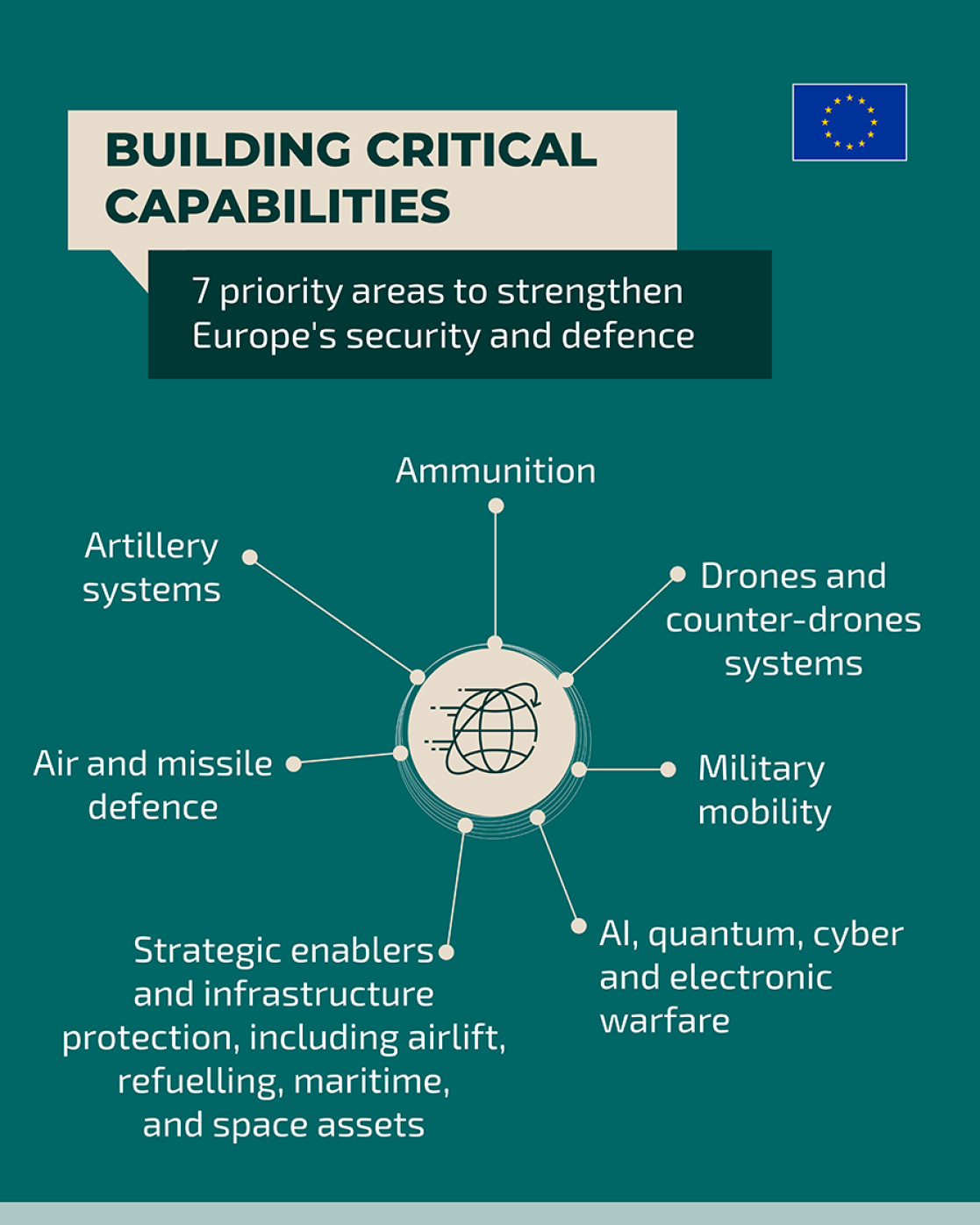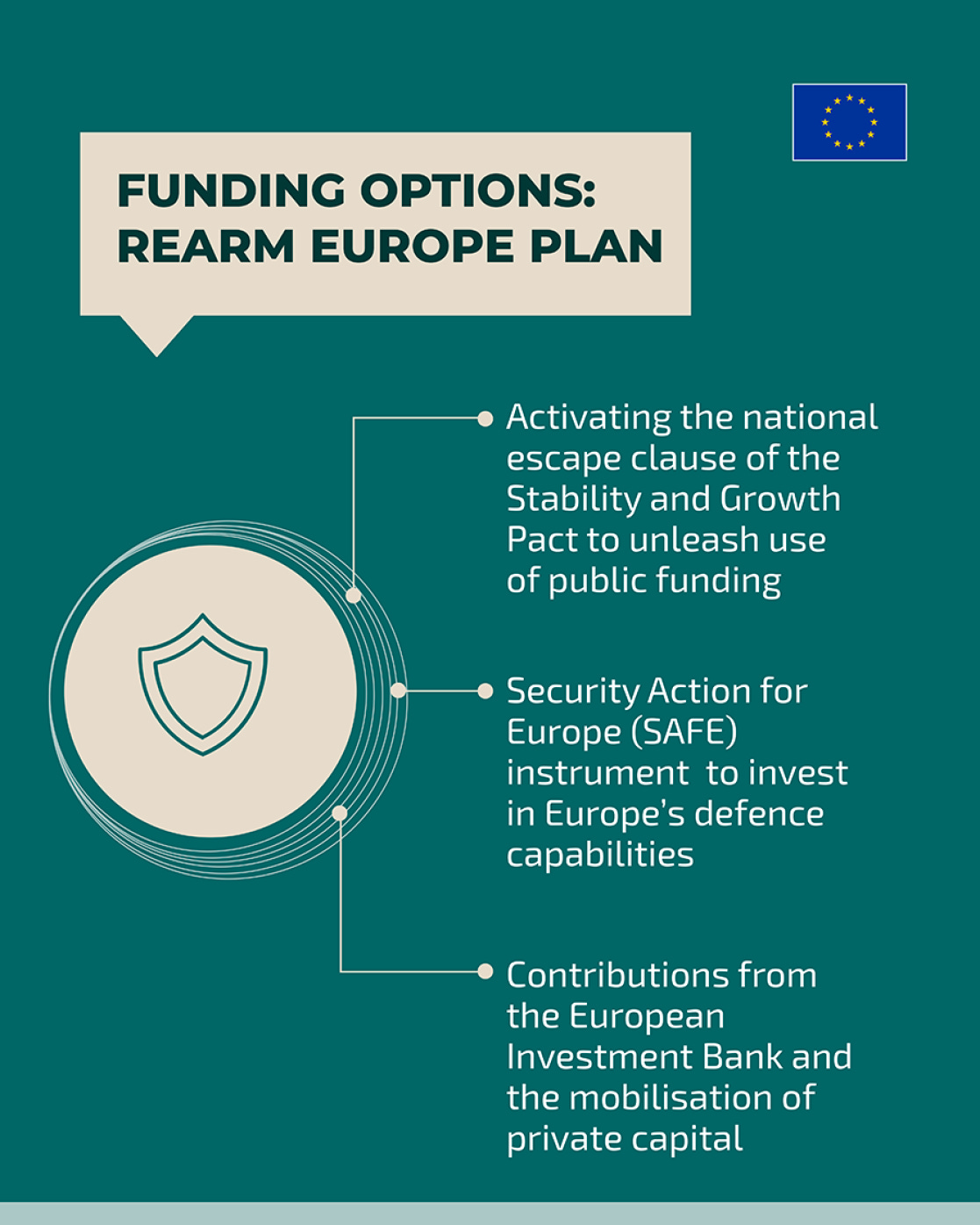Recent Developments in European Military Union
The Brexit vote, and the extended UK campaign to deliver on it, derailed efforts towards European Military Union. But what is happening now?
Backstory
David Ellis, and I were covering European Military Union efforts back in the days of the Brexit campaign. A mass of information could then be gleaned from the internet. We searched daily using precise search terms and 24-hour search windows. This uncovered fascinating insights into the mammoth moves underway to unite the European military infrastructure, procurement, defence supply chains, and, most importantly, command and control. Moves towards a common foreign and defence policy were also coming into view.
Then the Brexit vote happened (oh happy day).
Within weeks, things were different. It was as if the whole internet suddenly went silent on the subject. The topic had been scrubbed; sanitised; washed clean.
And silent, it all remained during the 2019 Westminster election, which was about only one thing: would the Brexit vote be respected or reversed?
Well, it‘s not silent now.
The Joint White Paper for European Defence Readiness 2030
This paper, released in March this year, sets an immediate and urgent tone from the opening line:
Europe faces an acute and growing threat. The only way we can ensure peace is to have the readiness to deter those who would do us harm.
The tone is not only urgent, even close to panicked, but also conspiratorial to a degree never seen in those far-off days of 2018 and the Brexit campaign. For example, this warning of a new world order and full-scale war would have been unimaginable only ten years ago:
But a new international order will be formed in the second half of this decade and beyond. Unless we shape this order – in both our region and beyond – we will be passive recipients of the outcome of this period of interstate competition with all the negative consequences that could flow from this, including the real prospect of full-scale war. History will not forgive us for inaction.
Back in 2018, if the real meaning of the information coming from Europe was to be grasped, it was necessary to understand somewhat subtle and concealed language and the implications of programmes only known by long acronyms. Now, however, the language used is unmistakable, brutal, stark, and bleak:
The moment has come for Europe to re-arm. To develop the necessary capabilities and military readiness to credibly deter armed aggression and secure our own future, a massive increase in European defence spending is needed.
So the moment has come for European rearmament. What does this mean? More or less everything as may be grasped from the graphic below:
And lest anyone think conflict is merely hypothetical and the urgent tone is for effect only, active support to Ukraine in their ongoing hot war with Russia is built in:
The Commission will promote the integration of Ukrainian defence industry into the Single Market, support the extension of military mobility corridors into Ukraine and explore Ukraine’s access to EU space-based governmental services.
If you are thinking this all sounds expensive, have no fear, funding options are covered in the white paper too:
So let us now follow the money.
The National Escape Clause of the Stability and Growth Pact
The Stability and Growth Pact sets rules governing debt and deficit spending by governments within the EU. It is legally based on Articles 121 and 126 of the Treaty on the Functioning of the European Union (TFEU) plus a series of regulations and directives. The option to escape from these restrictions on spending, the National Escape Clause, was created in April 2024 by Article 26 of Regulation (EU) 2024/1263
The main points to note are:
The escape is requested by a member state
The grounds must be that “exceptional circumstances outside the control of the Member State have a major impact on the public finances of the Member State concerned”
The European Council approves such an application on the recommendation of the European Commission.
The permission has a timescale set when granted
The timescale by be extended later (essentially ad infinitum)
The scale of this measure is vast. The white paper envisages an initial four-year period (it is extendable) and notes that:
Thanks to this flexibility, Member States could mobilise additional defence expenditure of up to 1.5% of GDP
Considering the EU GDP is around € 17 trillion, 1.5% is € 250 billion per annum. Allowing for more gradual uptake, the while paper estimates that this will add € 650 billion over the initial four-year term.
In line with the urgent tone of the whole white paper, the first of the immediate actions proposed is:
Member States are invited to request the activation of the National Escape Clause by the end of April.
How is this going? Well, as of early May, sixteen countries have submitted a request in writing to the European Commission to activate the National Escape Clause. These are Belgium, Bulgaria, Czechia, Denmark, Germany, Estonia, Finland, Greece, Croatia, Latvia, Lithuania, Hungary, Poland, Portugal, Slovenia and Slovakia.
And to put this in context, the current aggregate defence budget of the twenty-seven EU nations is € 326 billion per annum:
So, enacting the national escape clause alone represents a 50% planned increase in defence spending during the next four years.
Security Action for Europe (SAFE)
SAFE is a new financial instrument intended to fund large-scale investments in the European defence technological and industrial base. The finance will take the form of long-maturity loans backed by the EU budget but to be repaid by member states. The estimated scale of the programme is €150 billion.
Thus, this programme represents a further 10% increase in European defence spending in the next four years, bringing the total increase to 60%.
It also involves third-party countries. Ukraine and EEA-EFTA countries will be treated on the same terms as member states. SAFE will also allow acceding countries, candidate countries, potential candidates and countries that have signed a Security and Defence Partnership with the EU, such as the United Kingdom, to join common procurements.
The White Paper announced this facility as follows:
Given the urgency, the Commission proposes a new EU regulation under Article 122 of the Treaty on the Functioning of the European Union to provide Member States with loans backed by the EU budget. With up to EUR 150bn, the Security and Action for Europe (SAFE) instrument will strongly support a significant increase in Member States’ investments in Europe’s defence capabilities, now and over this decade.
Contributions from the European Investment Bank
The white paper summarised the European Investment Bank (EIB)’s role as follows:
The European Investment Bank has a clear and decisive role to play in the funding of European defence. The EIB Group’s Security and Defence Action Plan was an important first step and its implementation should accelerate.
In addition, the EIB intends to introduce changes to further widen the scope of its defence-related funding. It will double its annual investment to EUR 2bn, to fund projects such as drones, space, cybersecurity, quantum technologies, military facilities, and civil protection
The EIB's role dates back to the information blackout of 2018, when it signed a memorandum of understanding with the European Defence Agency. The pace quickened in May 2024 with the launch of the EIB’s Security and Defence Action Plan and the formation of a “one-stop shop” Security and Defence Office.
Mobilising private capital
As reported in The Banker magazine on 3rd March, a new defence bank has been founded:
It was created by Nato’s former head of innovation, and former British Army officer Rob Murray. The organisation aims to fund the supply side of defence procurement. As politico summarised:
Backed with growing political momentum in both Brussels and London, such an institution would follow the model of multilateral development banks — but with an exclusive mandate for defense, security and resilience. It would be funded through paid-in and callable capital from its shareholders (sovereign nations), and would be empowered to issue AAA-rated bonds. These funds would then support direct lending to governments and firms, and offer commercial banks guarantees to underwrite supplier finance, infrastructure investment and export deals.
Global Trade Review reported on this in March, quoting Rob Murray as follows:
Europe is at war. Whilst it’s not palatable, perhaps, to say it, and politically it’s hard to say it, at the moment we have a war raging in Ukraine and we have war activity around other parts of Europe as well.
It’s not bombs dropping on London or Paris or Berlin, but it’s energy infrastructure being targeted. It’s cyber activity being engaged. It’s chemical weapons attacks on the streets of Salisbury.
Murray’s proposal seeks to provide liquidity by issuing credit guarantees for the defence industry supply chain. The aim is to unlock large-scale capital investment to produce munitions and military equipment.
Rebecca Harding, writing in the FT on 9th April, about the DSR Bank said:
Crucially, it would not stop at the EU border. Canada, Australia and Japan are natural co-founders. The UK, a cornerstone of European and transatlantic defence, must be closely involved. The DSR Bank must be multilateral in ambition, even if it begins with European initiatives. Deterrence is a shared asset — and a shared responsibility.
Conclusions
Europe is rearming at speed. The position of the United Kingdom as the largest and most advanced military supplier in continental Europe, our pivotal link with the USA and Canada and our position as a founder member of NATO mean that our involvement in this venture is critical. But the political direction is being set from Brussels. The quid-pro-quo for our involvement, as always with Brussels, will be a loss of independence and an adherence to EU rules, policies and, most worrying, strategic direction.
Europe has decided to become, once again, a major military power. How Britain responds will determine our national future more than any other single decision. During Brexit, these matters were never discussed. David Ellis and I raised them, but no one, not UKIP, not Vote-Leave, not Nigel Farage, wanted to hear. Will the discussion happen now? Or will we awake one day to find ourselves embroiled in a foreign war that we did not decide upon and over which we have little control? Will our military independence be exchanged for cash and contracts? Will our political leaders quietly sell our birthright for the national equivalent of a bowl of soup?
It is time to look hard at the European Union and its military ambitions and question how our nation should react. How should we navigate the new reality so that we maintain our independence, integrity and freedom?
It is time to insist on open discussion instead of hidden deals. We must learn what our political rulers have in mind. What do they plan on our behalf with our national independence? It is not theirs to trade away. We need to bring this matter to the fore, to have a national debate.
Or is that no longer allowed in our once free land?










What price Brexit now? Sold out by our own government it seems. I doubt any of the other parties would have done differently.